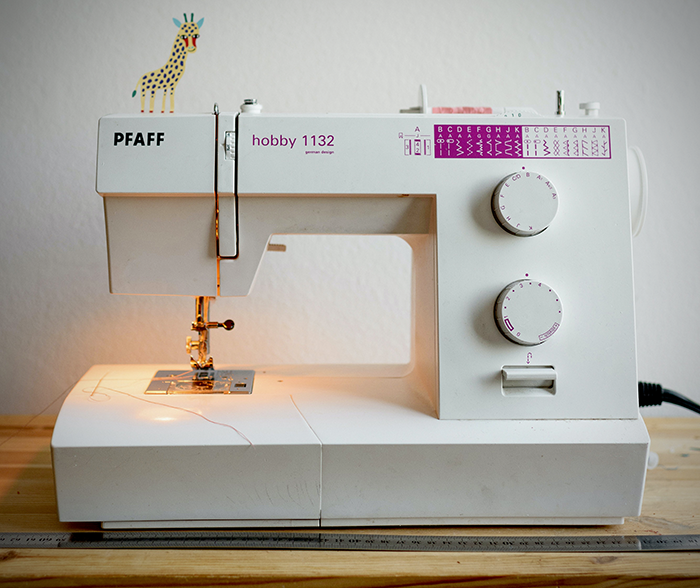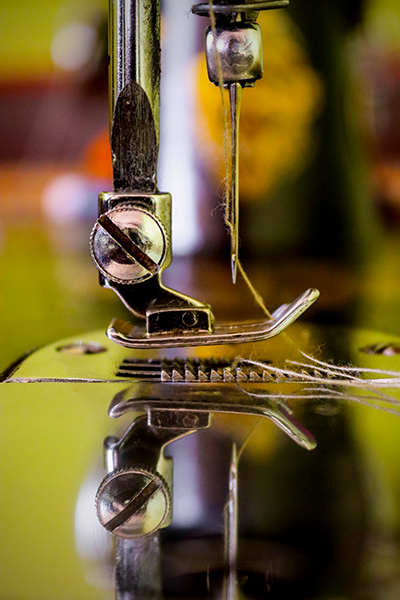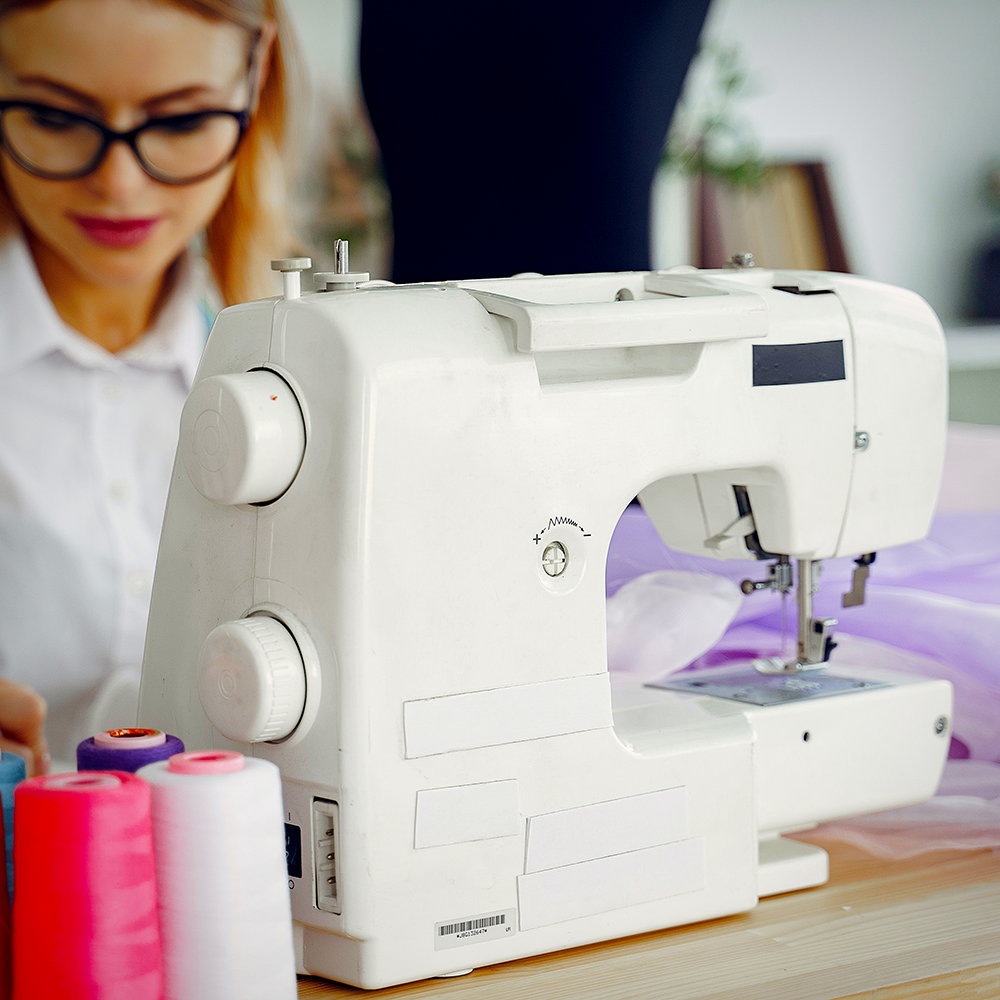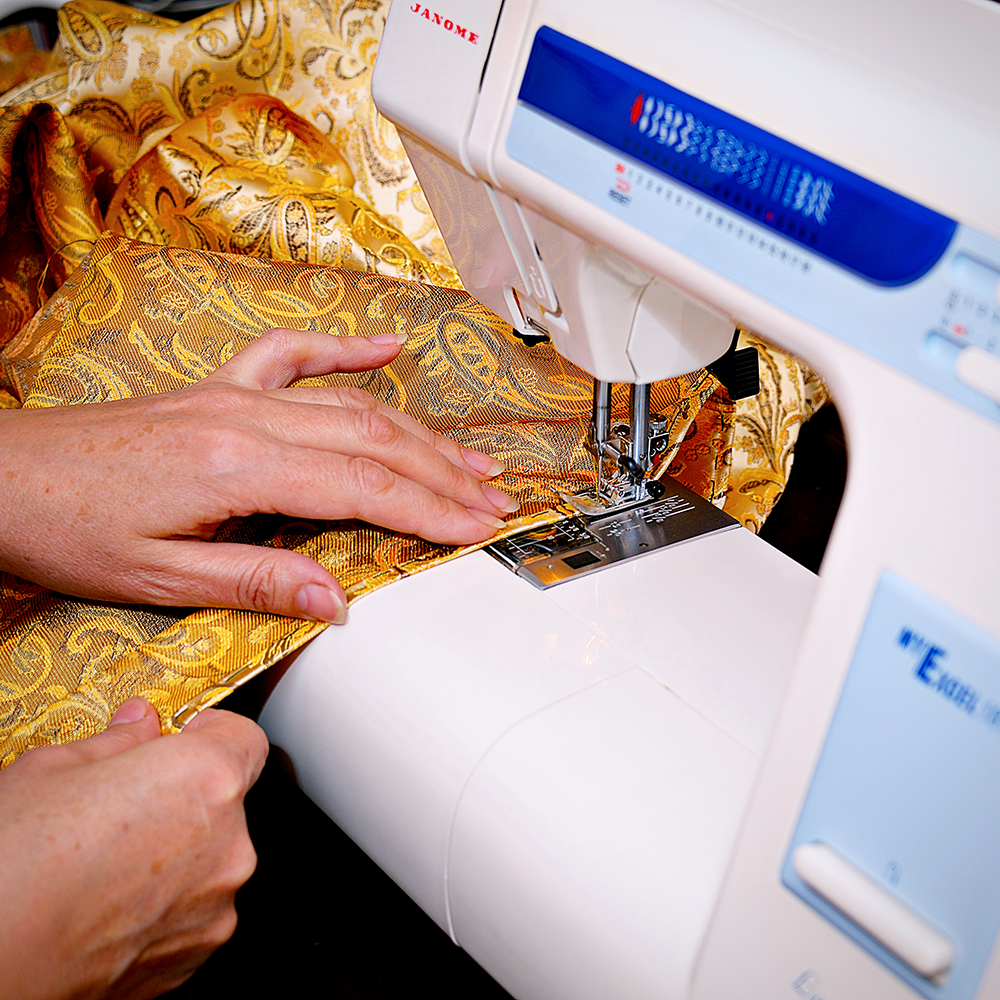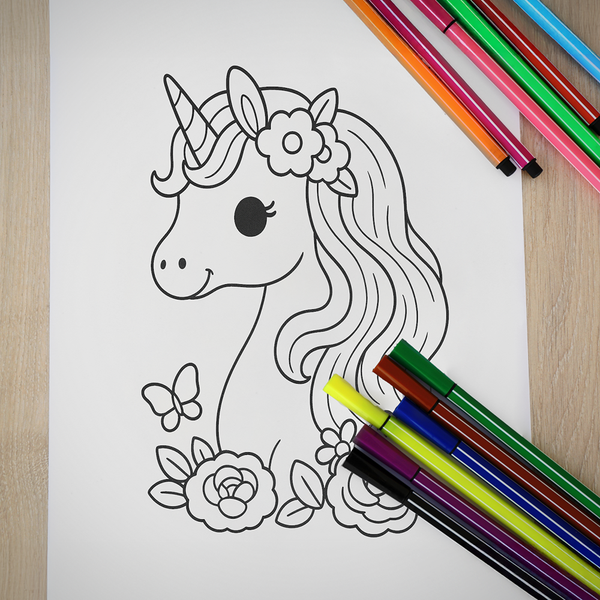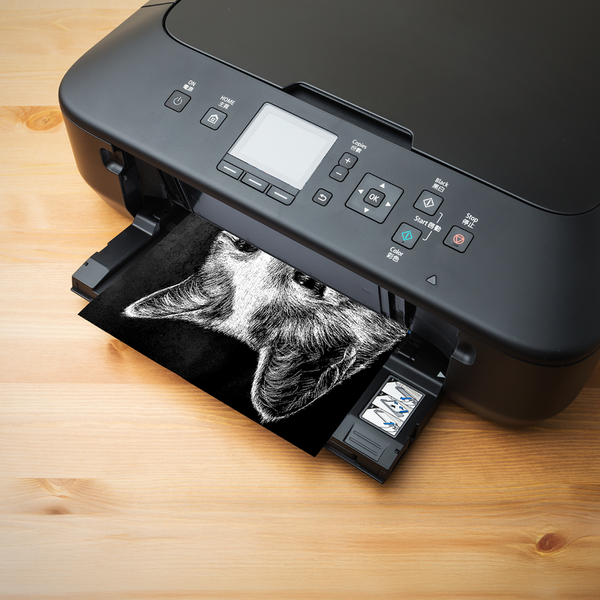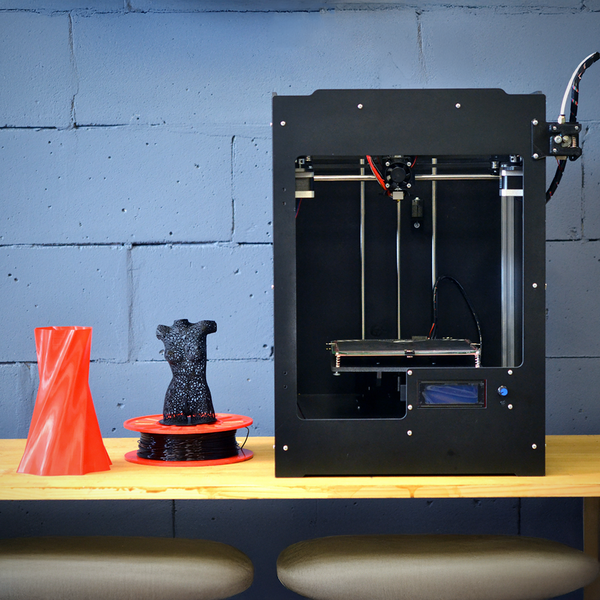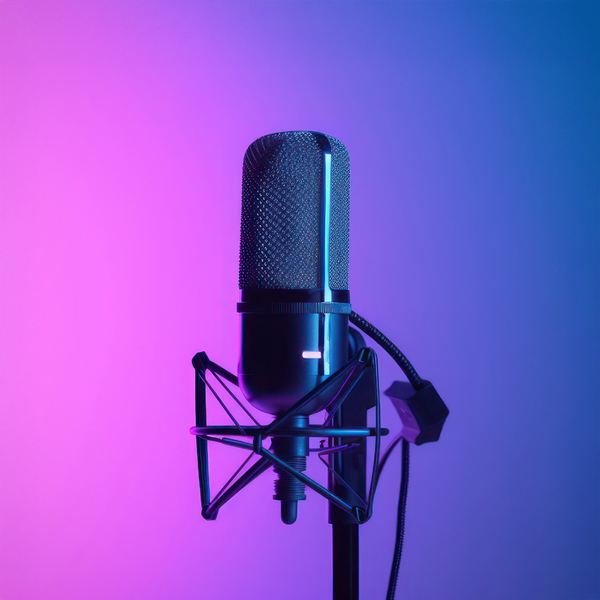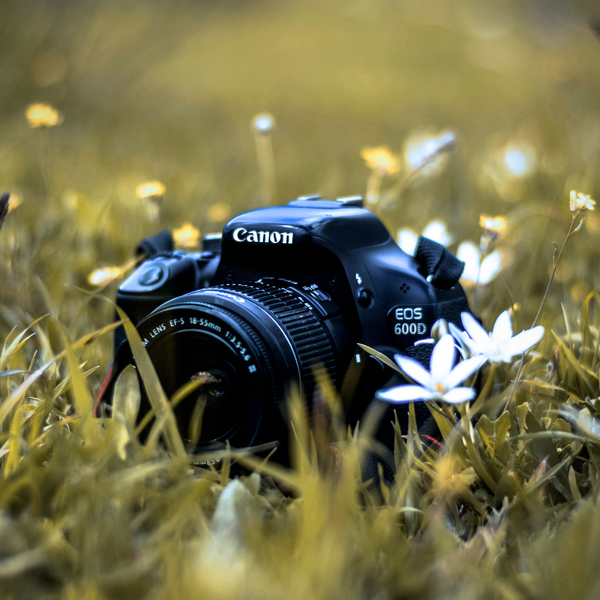If you're new to the world of sewing, the vast array of sewing machines on the market can be daunting.
How do you know which machine is right for you?
What features should you look for?
And how much should you expect to spend?
Don't worry, we're here to help!
In this beginner's sewing machine guide we'll cover sewing machine basics.
Keep reading to learn everything you need to know about finding the perfect sewing machine for your needs.
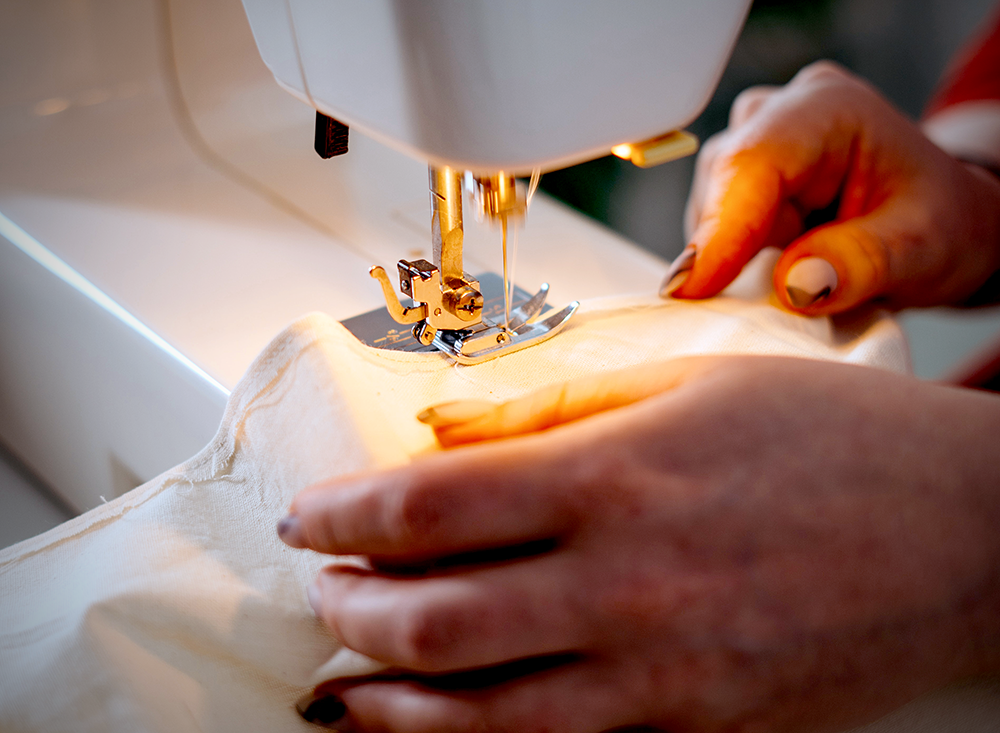
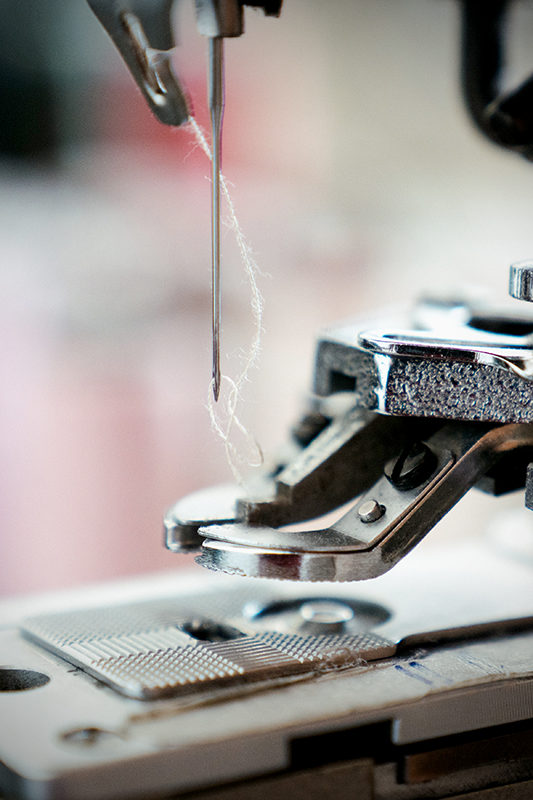
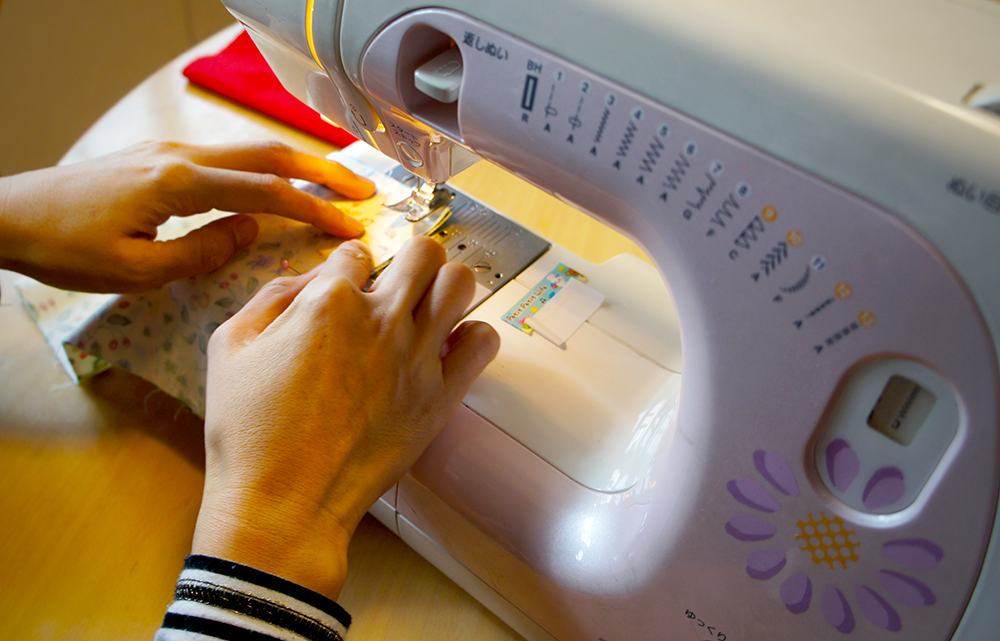
Types of Sewing Machines
Sewing machines come in all sorts of styles, shapes, and sizes.
There are machines designed for specific tasks, like quilting or embroidery, and others that are all-purpose machines meant for general sewing.
Models range from basic to heavy duty sewing machine, with a wide variety of features to choose from, such as needle thread.
The type of machine you need will depend on what you plan to use it for.
Sewing machines vary between performance levels, ranging from manual, computerized, and industrial sewing machines.
Manual sewing machines are the most basic and require you to use a hand crank to operate.
Computerized sewing machines are more advanced and do most of the work for you.
They're typically much easier to use than manual machines and are perfect for beginners.
Industrial sewing machines are the most powerful and durable type of machine.
They're mostly used in professional settings, but can also be a great choice for advanced home sewers.
There are also handheld sewing machines available, which are great for small projects or on-the-go sewing.
However, they're not as powerful as full-sized machines and can be more difficult to use.
There are three main types of sewing machines: mechanical, electronic, and computerized.
Each type has its own unique set of features and capabilities.
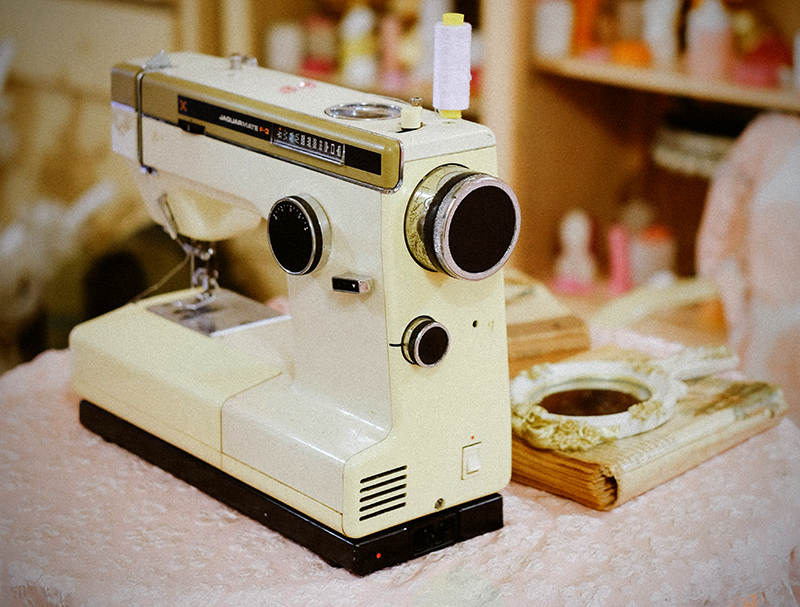
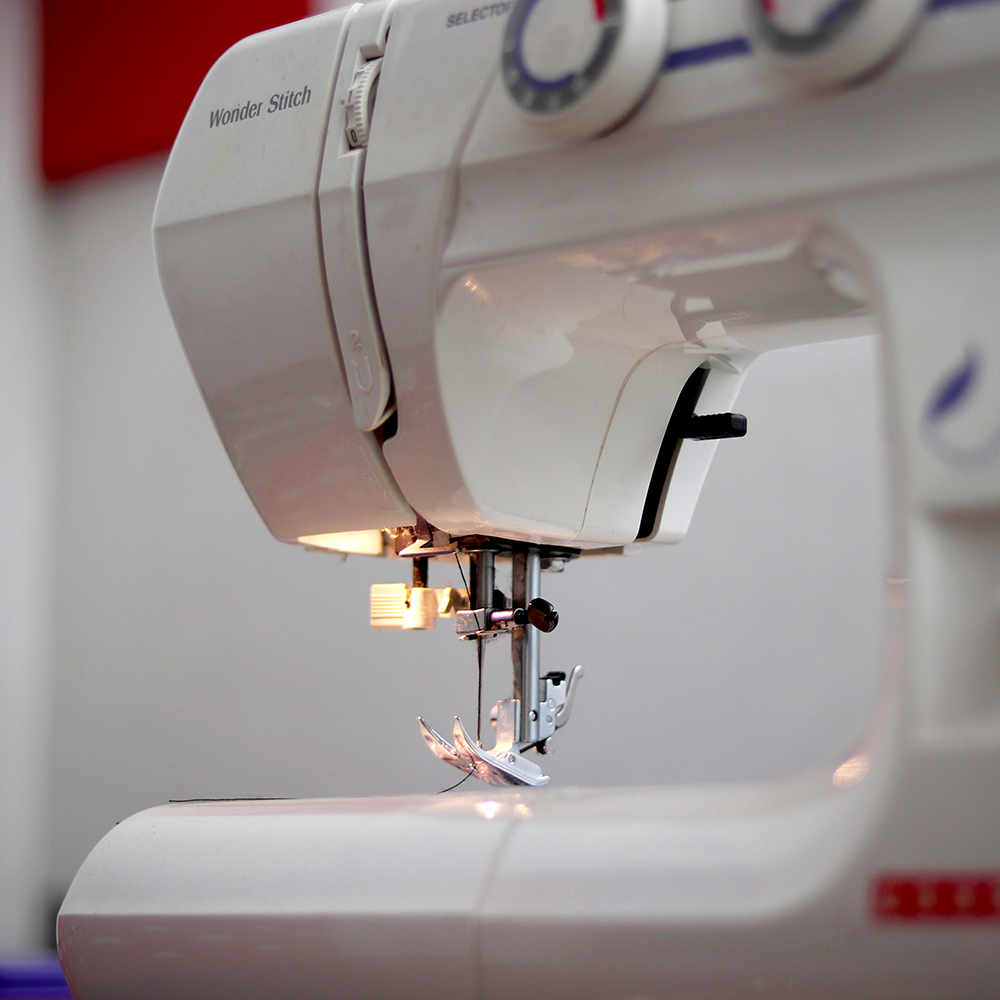
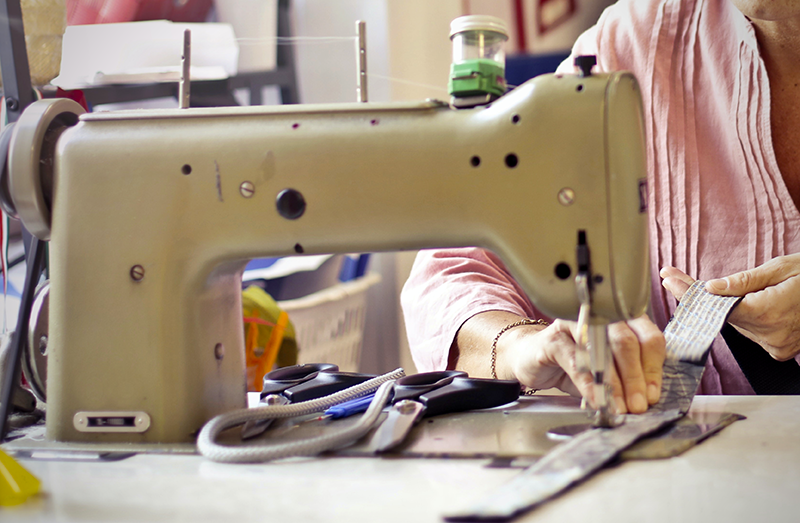
Mechanical Sewing Machines
Mechanical sewing machines are the most basic type of machine on the market.
They're simple to use and easy to maintain, making them a great choice for beginners.
Most mechanical machines have fewer stitch options than electronic or computerized models, but they're still capable of performing all the essential stitches for basic projects.
If you're looking for a machine that's straightforward and easy to use, a mechanical model is the way to go.
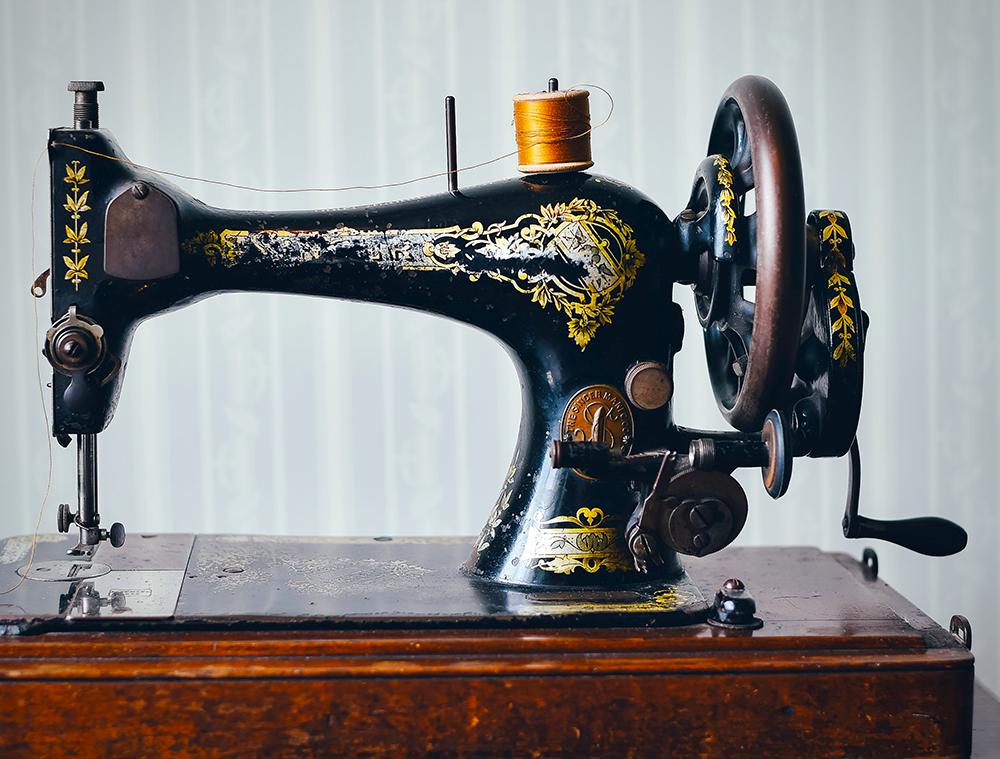
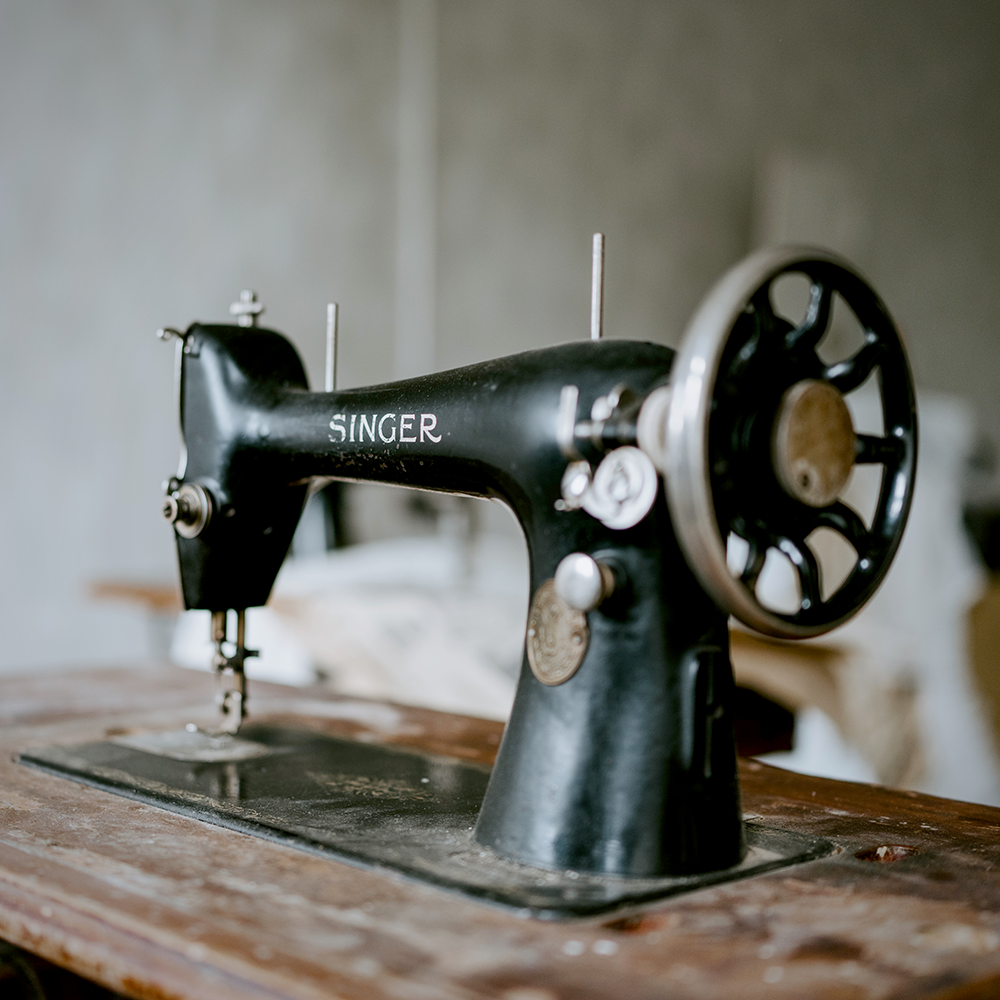
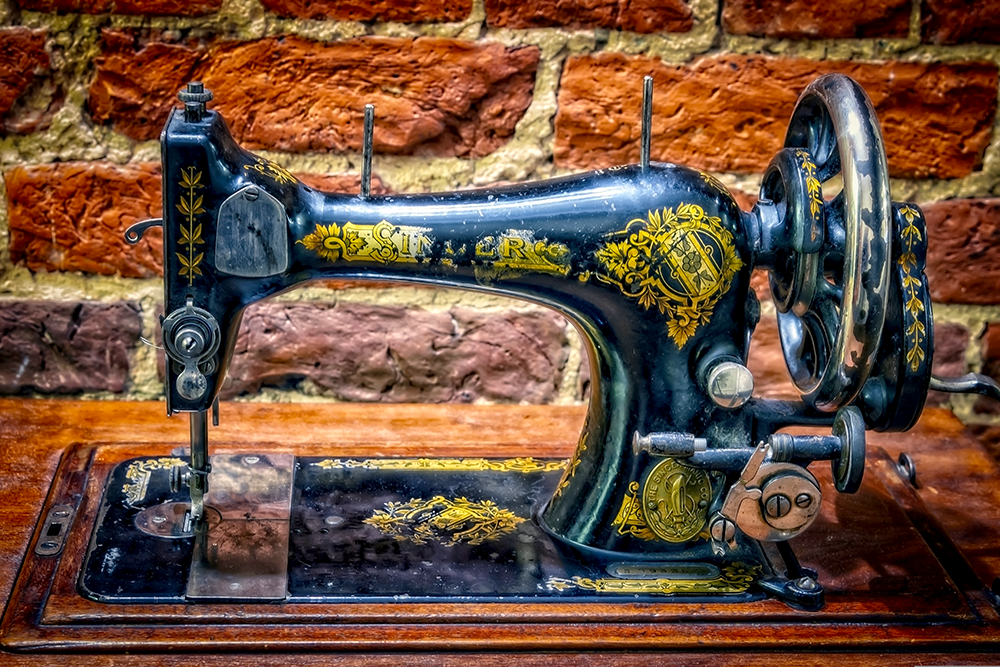
Electronic Sewing Machines
Electronic sewing machines offer more stitch options than mechanical models and are slightly more complicated to use.
They typically have a wide variety of built-in stitches, ranging from the straight stitch to zig-zag stitch, as well as automatic buttonhole capabilities and stitch length adjustment.
If you're looking for a machine that can handle more advanced projects, an electronic model is a good choice because of the increased stitch options and automatic buttonhole feature.
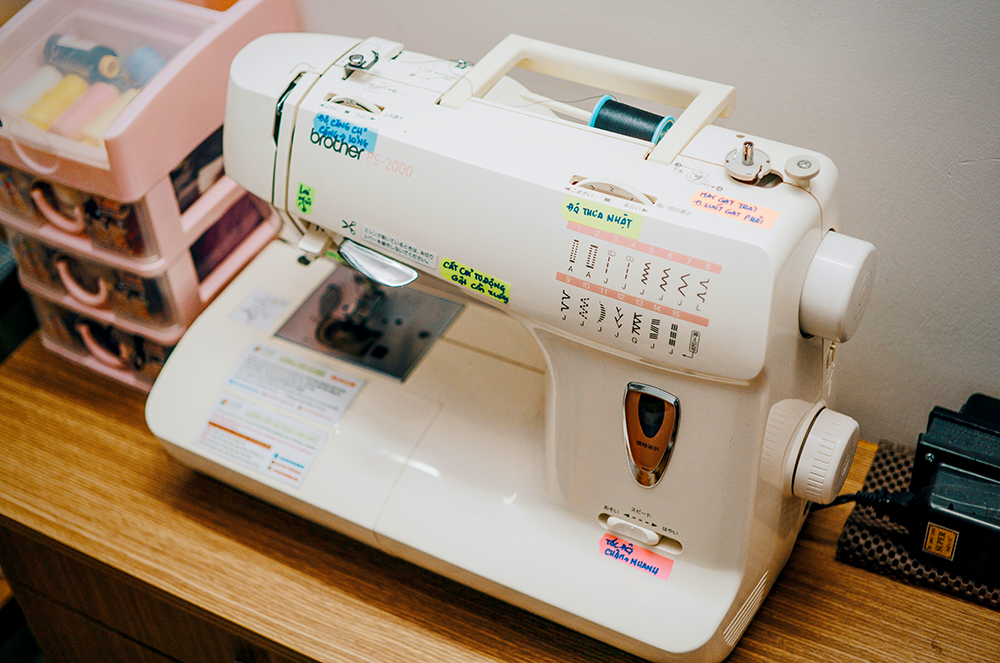
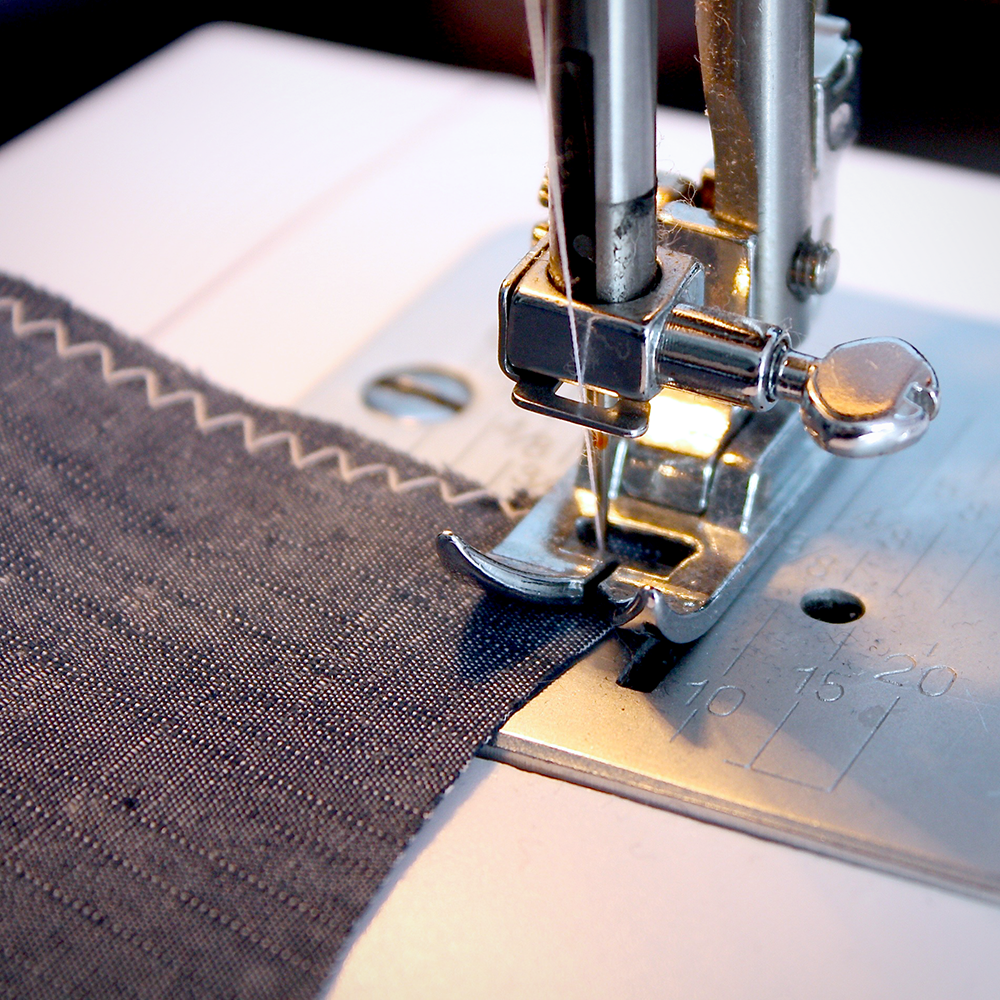
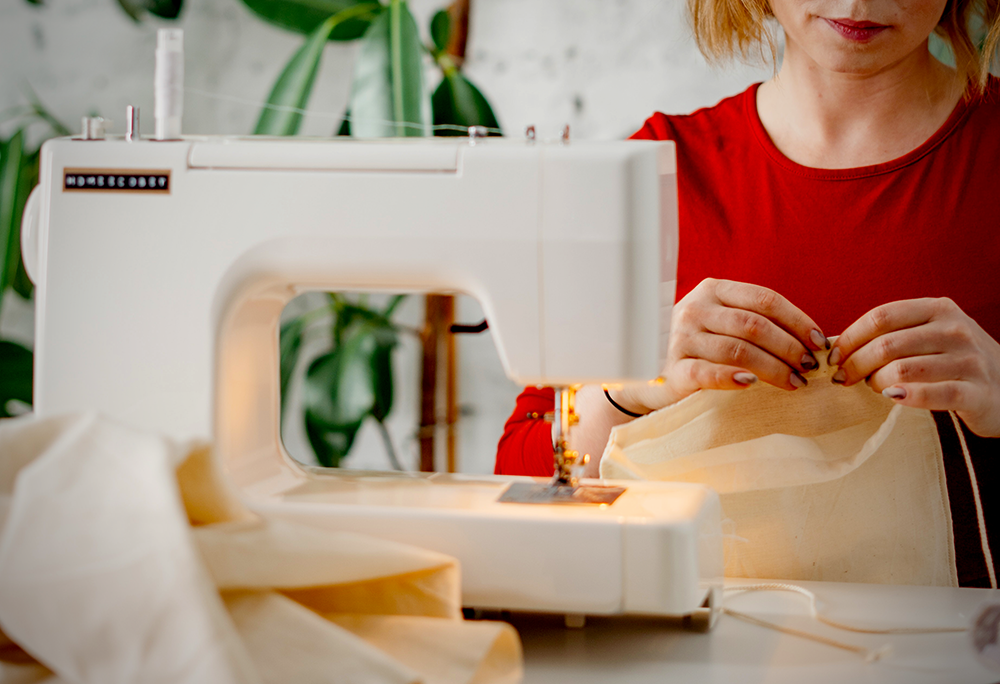
Computerized Sewing Machines
Computerized sewing machines are the most advanced type of machine on the market.
They offer a wide range of features and stitches, including embroidery capabilities.
If you're an experienced sewer or are looking to pursue sewing as a hobby, a computerized machine is a great option because of the increased capabilities.
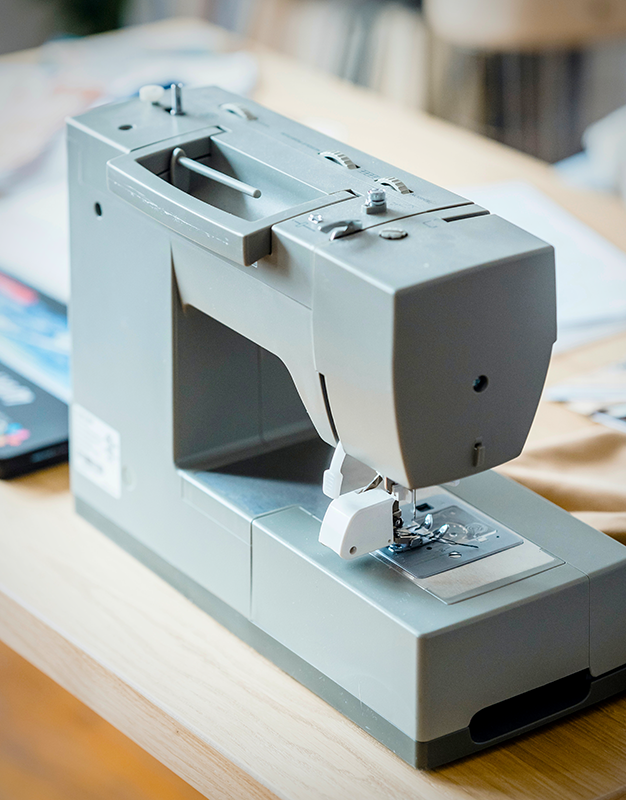
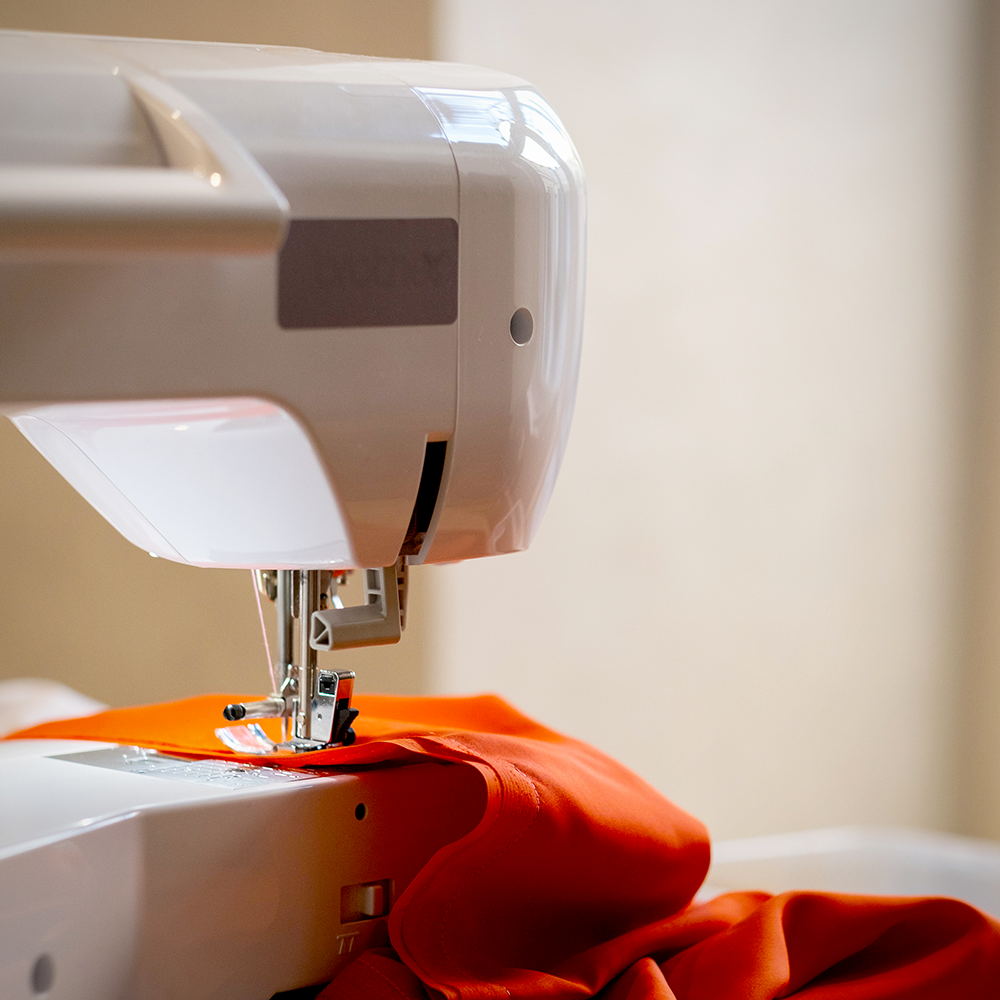
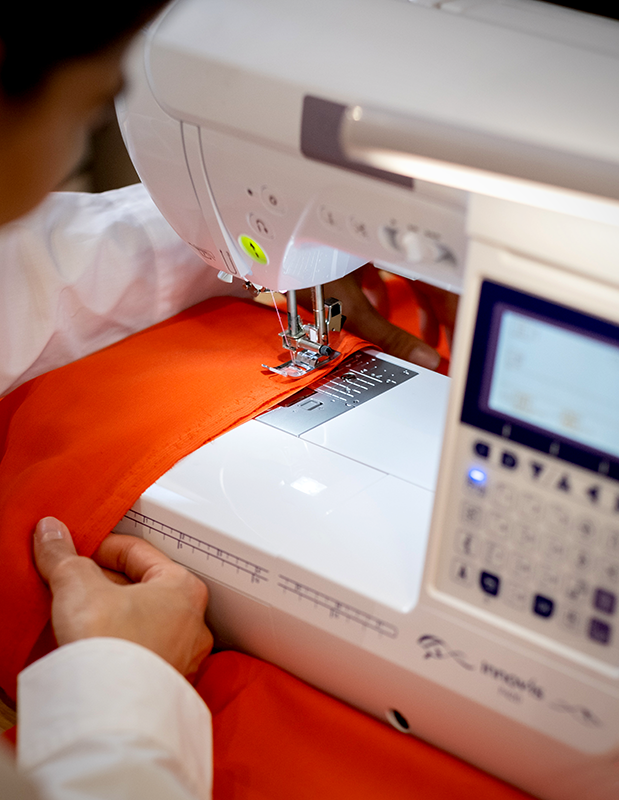
How to Choose a Sewing Machine
Now that you know the different types of sewing machines available, it's time to start narrowing down your options to find the perfect machine for you.
Selecting the right type will help you begin sewing with ease right away.
There are a few key factors you'll need to consider when making your decision.
Your Budget
The first thing you need to consider when choosing a sewing machine is your budget.
Sewing machines can range in price from around $100 to over $10,000, so it's important to know how much you're willing to spend.
If you're a beginner, you may want to start with a more affordable machine that has the essential features you need to get started.
As you become more experienced, you can upgrade to a more expensive model with additional features.
Type of Sewing Projects
Another important factor to consider when choosing a sewing machine is the type of projects you plan to use it for.
If you're interested in pursuing sewing as a hobby, you'll need a machine that's capable of handling more advanced projects.
If you're only going to use your machine for basic projects, a less expensive model with fewer features will be fine.
Frequency of Use
The third factor to consider when choosing a sewing machine is the frequency of use.
If you plan to use your machine regularly, you'll need a model that's durable and can handle extended use.
If you only plan to sew occasionally, you can get away with a less expensive and less durable machine.
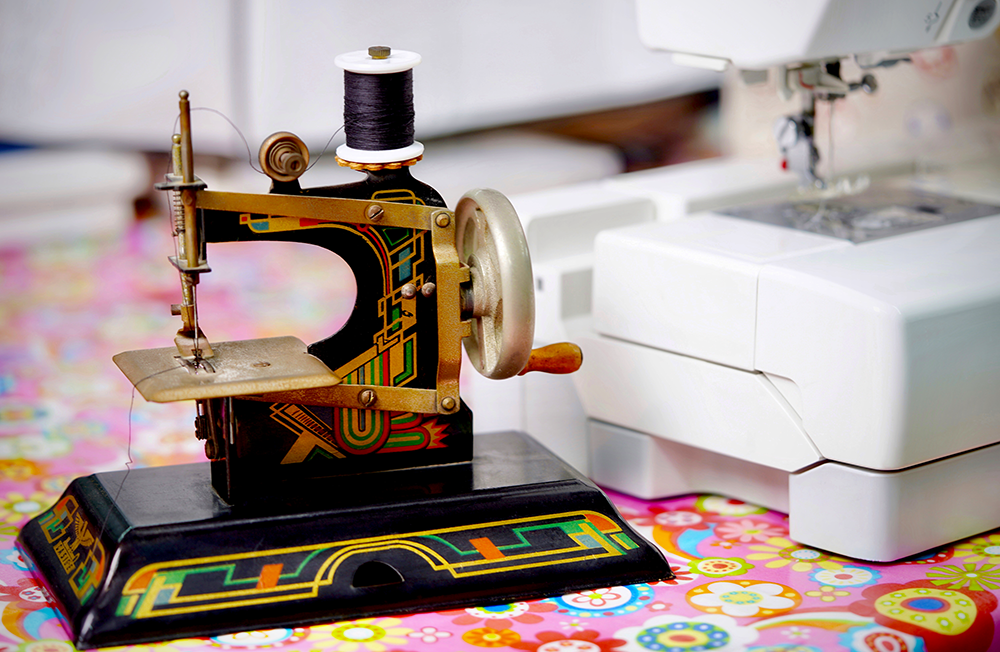
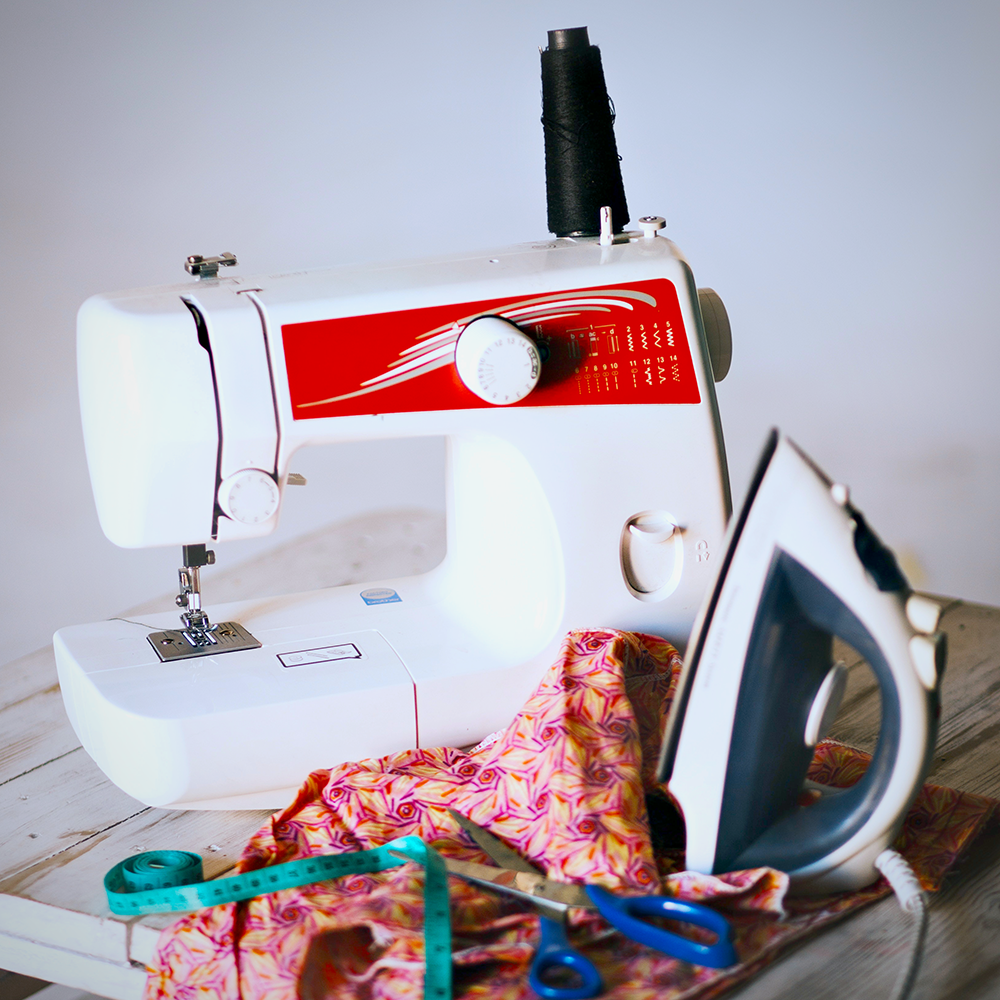
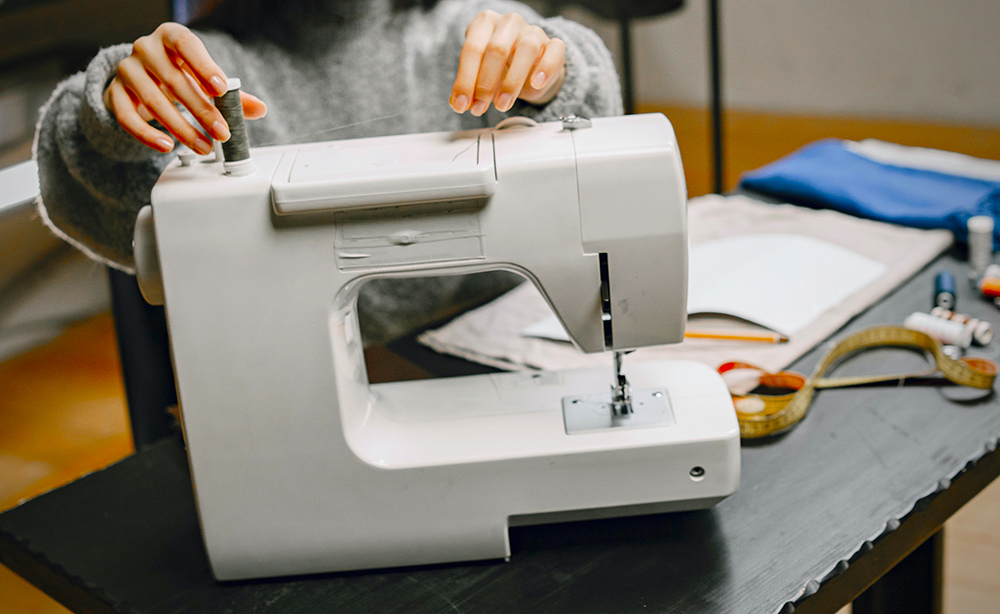
Features to Look for in a Sewing Machine
Now that you know the different types of sewing machines available, it's time to start shopping!
When looking at different models, there are several key features you should keep in mind, such as bobbin thread and needle plate.
The features your model has will impact how you use a sewing machine.
Important features you might want include:
- The number of stitches available
- Automatic thread cutter
- Automatic needle threader
- Drop-in bobbin
- Free arm
- Foot pedal
- Speed control
- Reverse stitch
- Adjustable presser foot pressure
- Built-in needle threader
- LCD screen
- USB port
- Embroidery capabilities
- Stitch width and length control
No matter what your budget or sewing needs are, there's a sewing machine out there that's perfect for you.
Take some time to research the different options available and find the perfect machine for your needs, so you can start sewing your next project!
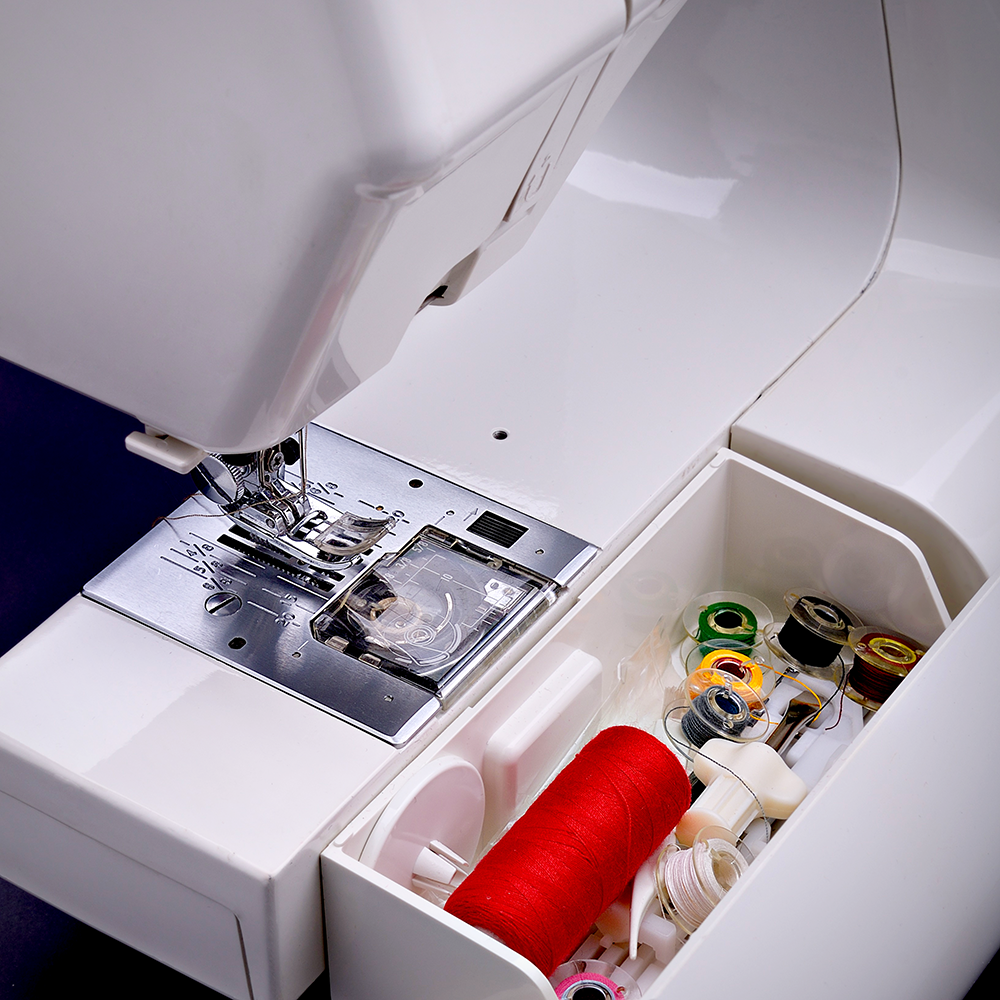
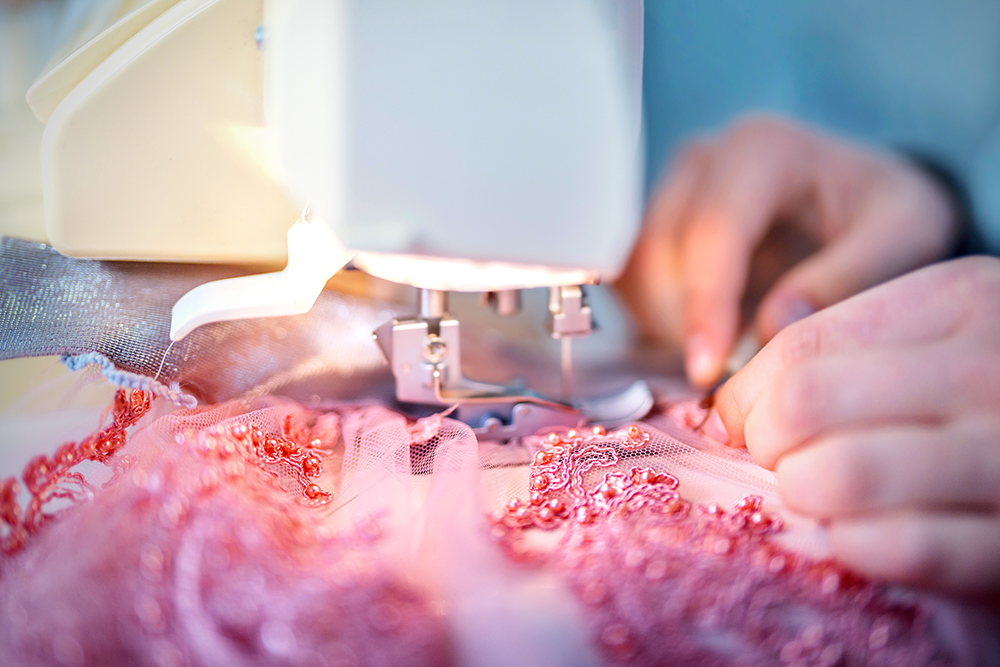
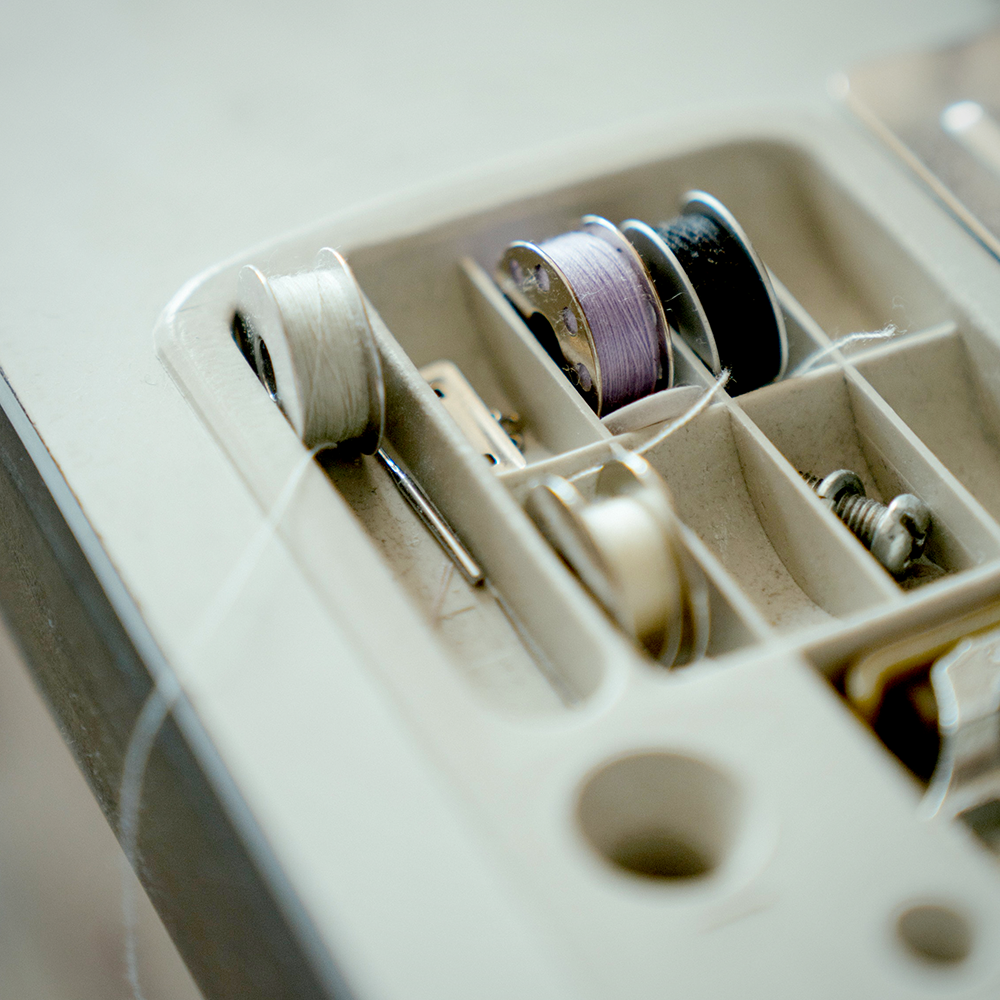
Finding the Perfect Sewing Machine
We hope this guide has been helpful in demystifying the world of sewing machines!
Remember to keep in mind the type of machine you need as well as the features that are important to you when shopping for your perfect model.
Whether you need to upgrade your old sewing machine or you're just getting started, with so many great options on the market you're sure to find a machine that's perfect for your needs and your budget.
So, what are you waiting for?
Start shopping for your perfect sewing machine and start your next project today!
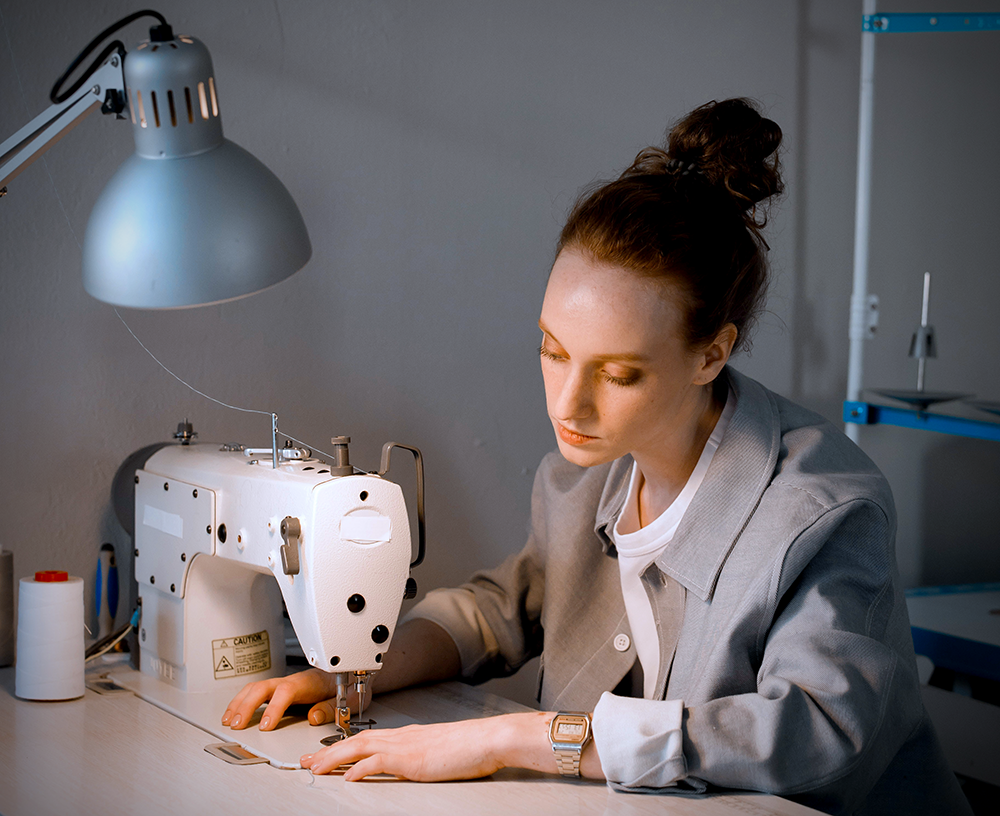
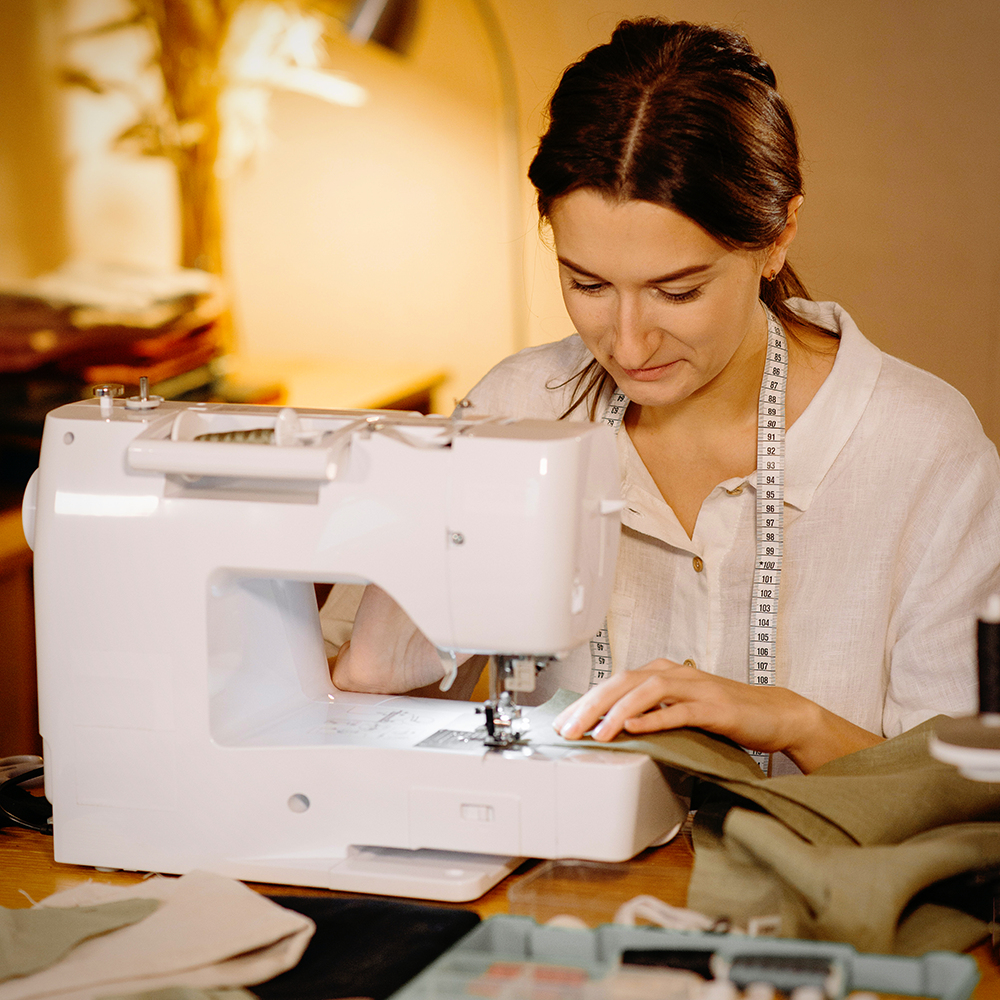
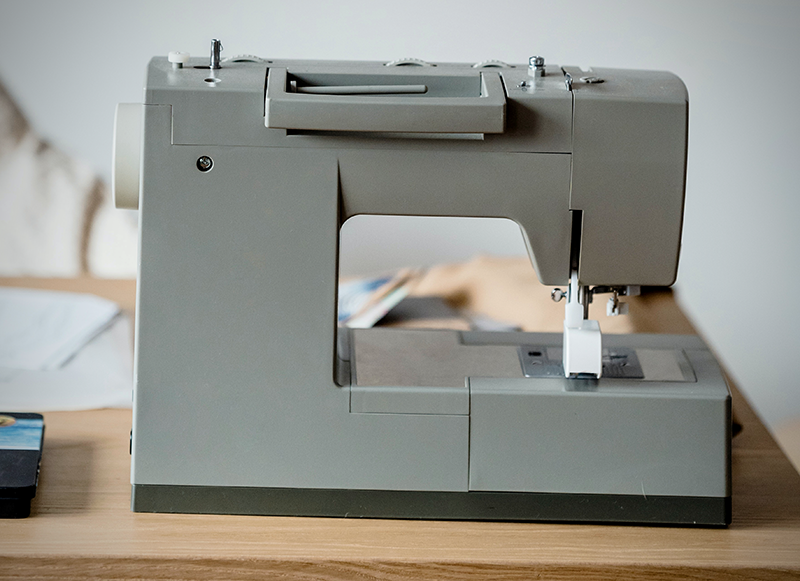
Interested in learning more about sewing machines? Check out Melly Sew's video!
Want to start sewing?
Check out some of our other articles:
